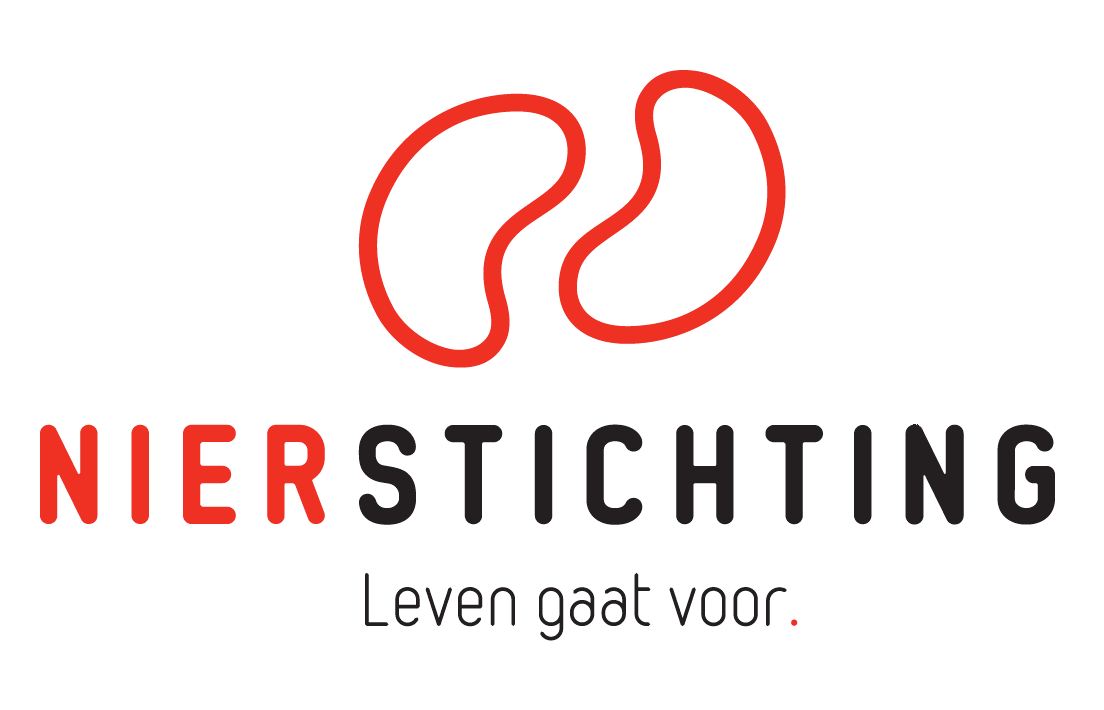Early and minimally invasive detection of kidney transplant rejection by donor-derived cell-free DNA and nucleosome analysis

Project summary
In about twenty percent of the recipients of a donor kidney, the body rejects the organ after a shorter or longer period. In order to identify problems with the transplant kidney in a timely manner, transplant patients take routine measurements of creatinine and protein concentrations in the blood and urine. If renal function appears to be impaired, taking a kidney biopsy is necessary to determine rejection or other cause of kidney damage. However, taking a biopsy is invasive and involves the risk of complications, such as bleeding. That is why there is a need for a new method for determining renal rejection. A method that is less invasive than a kidney biopsy and more sensitive than current creatinine and protein determinations.
The cells of the kidney are damaged during rejection of a transplant kidney. The content of these cells, including the DNA and nucleosomes, is released into the blood of the recipient. Nucleosomes are building blocks of DNA and contain different proteins that are different for each cell type. The proteins of nucleosomes can be used to find out where they originally came from. In addition, the DNA of the donor differs from the DNA of the recipient. The hypothesis is that detecting DNA and nucleosome variants released during rejection is a new, minimally invasive method to diagnose rejection. These markers are expected to be better than current creatinine and protein determinations and to demonstrate rejection at an earlier stage.
At present it is already possible to identify various forms of cancer by determining specific nucleosomes in the blood. The new sensitive ‘digital droplet PCR’ method will be used to detect the presence of DNA from the donor kidney.
Impact
Determine whether the detection of DNA from the donor kidney by means of ‘digital droplet PCR’ and nucleosome variants in the blood is suitable for determining rejection of a donor kidney in a minimally invasive and early manner. Discovering markers to specifically distinguish rejection from other causes of kidney damage. Ultimately a reduction in the number of kidney biopsies required and a better graft survival in the long term.
More detailed information
Principal Investigator:
dr. Karin Boer
Role Erasmus MC:
Coördinator
Department:
Project website:
Funding Agency:
Nierstichting



